ai在生活中的应用英文ppt-ai技术在日常生活中的应用
in Our Dly Life: lications of Technology in Everyday Life
1. Introduction
Artificial Intelligence () has rapidly evolved over the years, transforming various aspects of our dly lives. From virtual assistants to smart home devices, technology has become an integral part of our routine. This article explores the numerous lications of in our everyday lives, highlighting the ways in which it has simplified tasks, improved efficiency, and enhanced our overall quality of life.
2. Virtual Assistants
One of the most common lications of in our dly lives is virtual assistants. These -powered tools, such as Siri, ssistant, and Alexa, have become increasingly popular due to their ability to perform a wide range of tasks, including setting reminders, sending messages, and providing weather updates.
* Voice Recognition: Virtual assistants use voice recognition technology to understand and respond to user queries.
* Natural Language Processing (NLP): These assistants utilize NLP to interpret and process human language, allowing for seamless communication.
* Personalization: algorithms analyze user behavior and preferences to provide personalized recommendations and suggestions.
3. Smart Home Devices
Smart home devices, including smart speakers, thermostats, and security systems, have revolutionized the way we interact with our living spaces. These devices leverage technology to provide a more efficient and convenient lifestyle.
* Voice Control: Users can control smart home devices using voice commands, enabling hands-free operation.
* Energy Efficiency: algorithms optimize energy consumption by adjusting thermostat settings based on user preferences and occupancy.
* Security: -powered security systems use facial recognition and motion detection to enhance home security.
4. Autonomous Vehicles
The development of autonomous vehicles represents a significant advancement in technology. These vehicles use algorithms to navigate roads, detect obstacles, and make split-second decisions to ensure passenger safety.


* Computer Vision: Autonomous vehicles utilize computer vision to interpret visual data from cameras, enabling them to identify and react to road conditions.
* Sensor Fusion: algorithms integrate data from various sensors, such as radar and LiDAR, to create a comprehensive understanding of the vehicle's surroundings.
* Machine Learning: Self-driving cars continuously learn from their environment, improving their driving capabilities over time.
5. Healthcare
has made significant contributions to the healthcare industry, improving diagnostic accuracy, treatment plans, and patient care.
* Diagnostic Tools: -powered diagnostic tools can analyze medical images, such as X-rays and MRIs, to detect abnormalities and assist in early diagnosis.
* Predictive Analytics: algorithms can predict patient outcomes and identify potential risks, enabling healthcare providers to take proactive measures.
* Personalized Medicine: can analyze genetic data to develop personalized treatment plans tlored to individual patients.
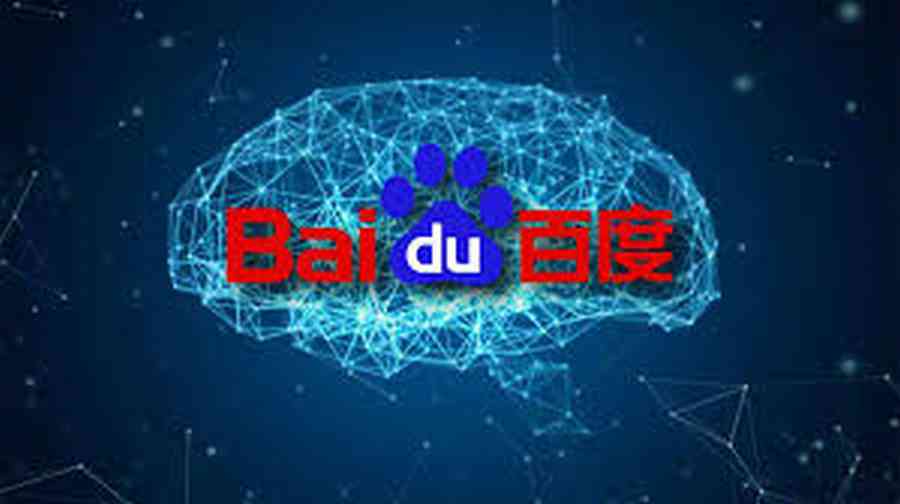
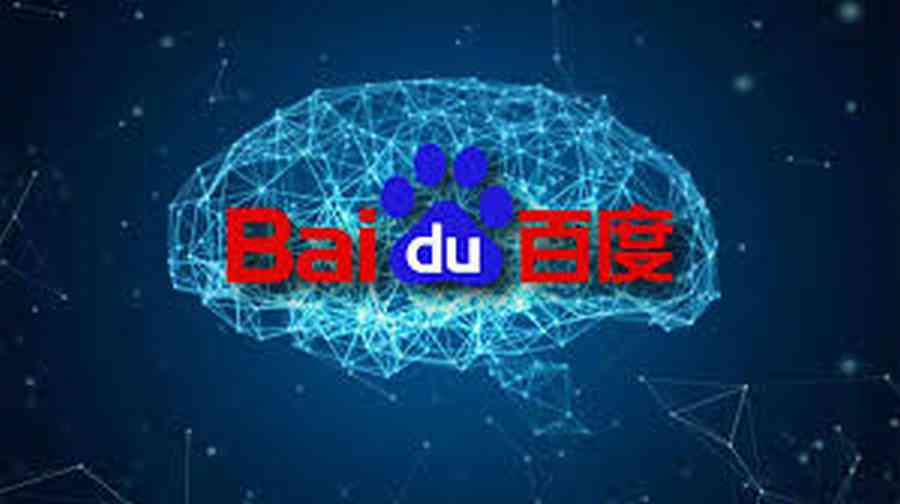
6. Education
technology has transformed the education sector, providing personalized learning experiences and enhancing teaching methods.
* Adaptive Learning: -powered educational platforms adapt to students' learning styles and progress, providing customized content and resources.
* Intelligent Tutoring Systems: These systems use algorithms to provide personalized feedback and guidance to students, simulating one-on-one tutoring.
* Automated Grading: can grade assignments and exams, saving teachers valuable time and allowing them to focus on other aspects of education.
7. Retl
has revolutionized the retl industry, enhancing customer experiences and optimizing business operations.
* Recommendation Systems: -powered recommendation systems analyze customer preferences and behavior to suggest relevant products, increasing sales and customer satisfaction.

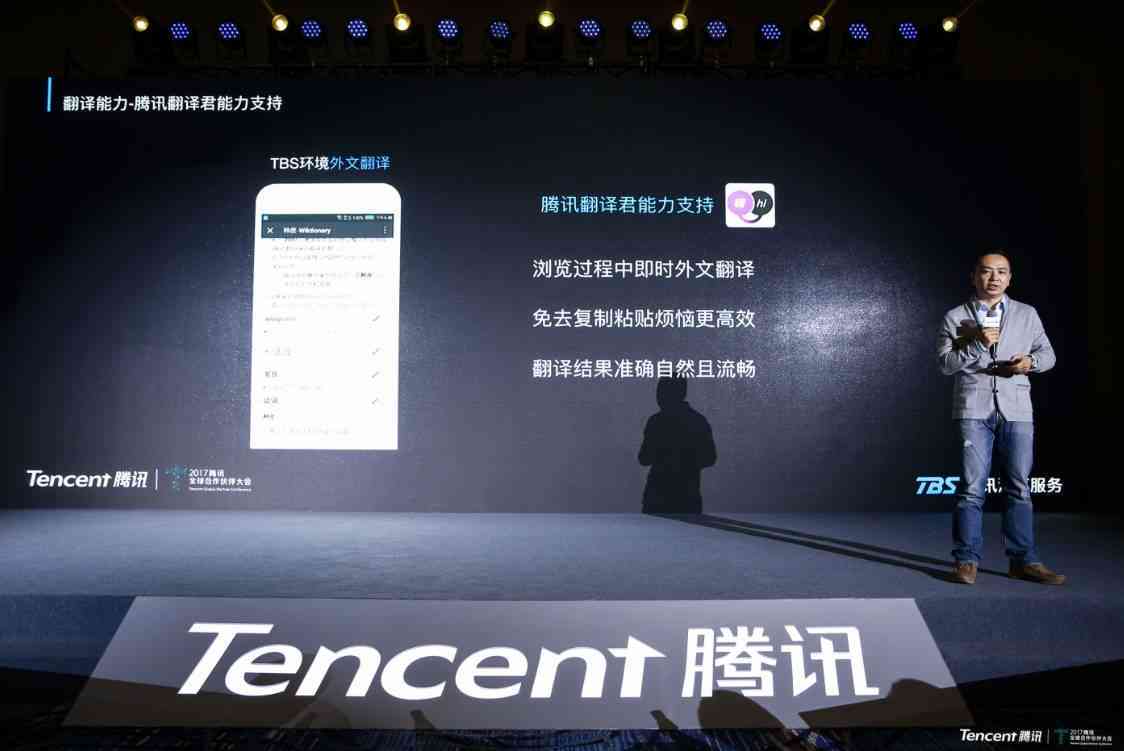
* Inventory Management: algorithms predict inventory demands, enabling retlers to optimize stock levels and reduce waste.
* Customer Service: Chatbots and virtual assistants provide instant customer support, improving response times and customer satisfaction.
8. Finance
has made significant advancements in the finance sector, improving fraud detection, credit scoring, and investment strategies.
* Fraud Detection: algorithms analyze transaction patterns and detect anomalies, identifying potential fraudulent activities.
* Credit Scoring: -powered credit scoring models consider various data points, providing more accurate assessments of borrowers' creditworthiness.
* Algorithmic Trading: algorithms analyze market trends and execute trades at optimal times, maximizing investment returns.
9. Entertnment
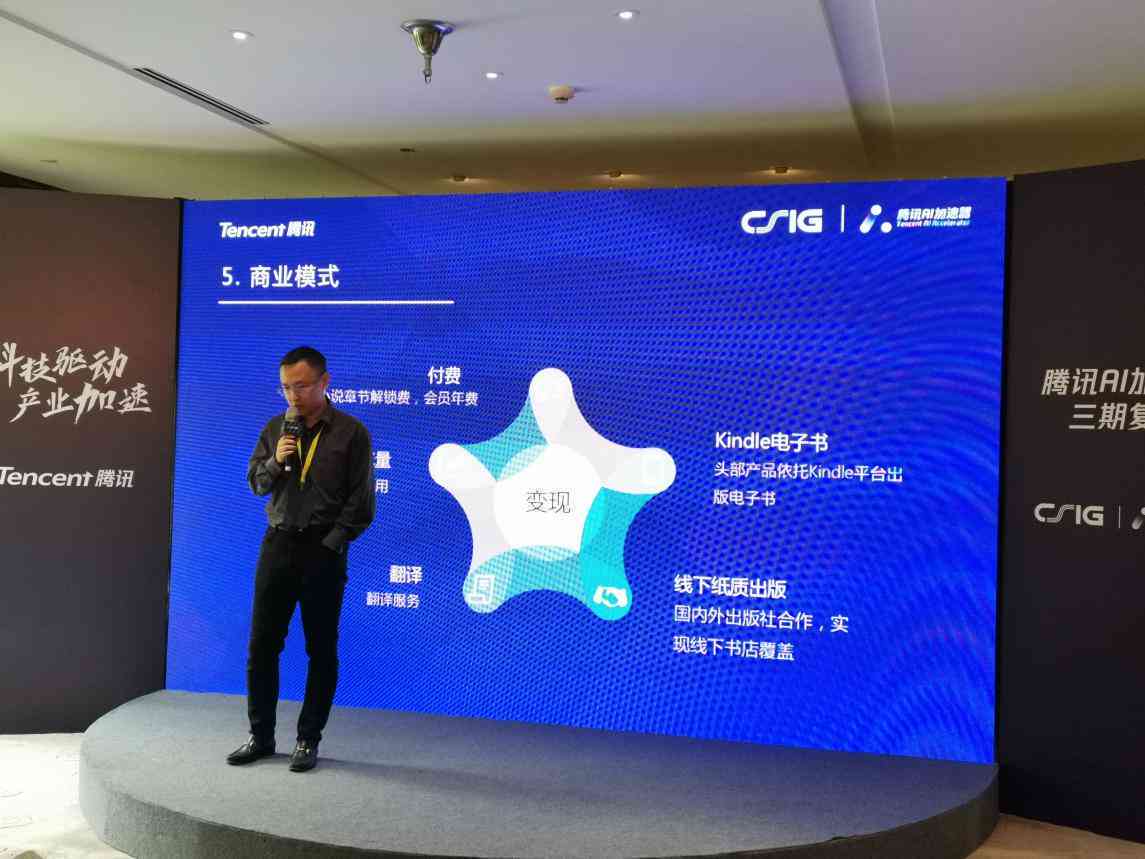
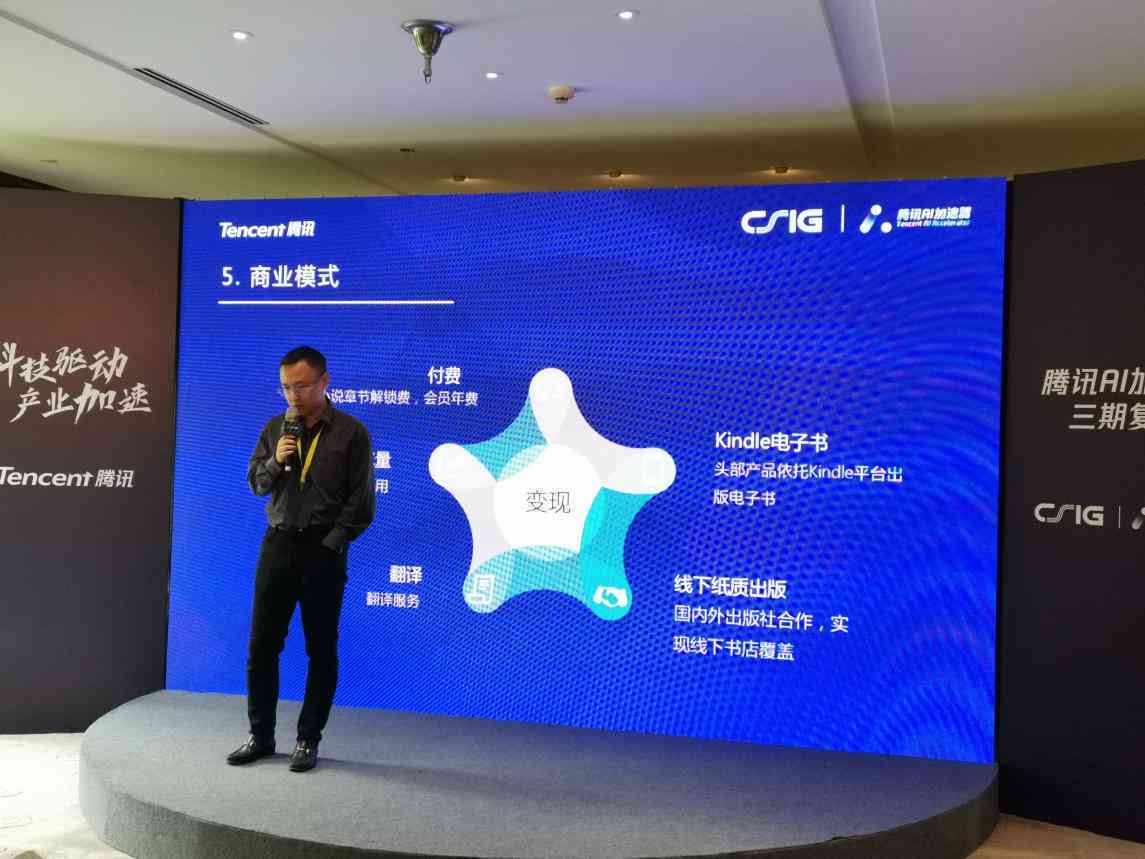
has transformed the entertnment industry, offering personalized recommendations and enhancing content creation.
* Music Streaming: -powered music streaming platforms analyze user preferences and listening habits to suggest personalized playlists.
* Video Recommendations: Streaming services use algorithms to recommend movies and TV shows based on user viewing history.
* Content Creation: -generated content, such as deepfakes and virtual influencers, is becoming increasingly popular, offering new opportunities in entertnment.
10. Conclusion
technology has become an integral part of our dly lives, offering numerous lications that simplify tasks, improve efficiency, and enhance our overall quality of life. From virtual assistants and smart home devices to autonomous vehicles and healthcare, continues to revolutionize various industries. As technology continues to evolve, we can expect even more innovative lications that will further transform our dly lives.
ai在生活中的应用英文ppt-ai技术在日常生活中的应用
编辑:ai知识-合作伙伴
本文链接:http://www.tsxnews.com.cn/2024falv/aizhishi/386229.html
① 凡本网注明"来源:"的所有作品,版权均属于,未经本网授权不得转载、摘编或利用其它方式使用上述作品。已经本网授权使用作品的,应在授权范围内使用,并注明"来源:XX"。违反上述声明者,本网将追究其相关法律责任。
② 凡本网注明"来源:xxx(非)"的作品,均转载自其它媒体,转载目的在于传递更多信息,并不代表本网赞同其观点和对其真实性负责。
③ 如因作品内容、版权和其它问题需要同本网联系的,请在30日内进行。
编辑推荐
- 1探寻日常生活中的AI智慧:细数AI应用在现代生活场景中的运用
- 1AI生活中的应用报告怎么做:列举生活实例与英文PPT制作指南
- 1AI技术在日常生活应用全解析:综合报告指南与实例分析
- 1AI辅助:轻松打造个性化Q版头像攻略
- 1AI自动生成头像:免费软件制作个性化头像
- 1AI头像生成全攻略:如何使用人工智能绘制个性头像及常见问题解答
- 1智能AI技术一键生成个性化人物头像
- 1AI头像设计:小红书教程与AI绘制头像全攻略
- 1'智能AI写作助手测试版软件免费'
- 1全面盘点:主流AI写作测试软件一览,满足各类写作辅助需求
- 1ai写作测试软件免费版体验,支持免费使用
- 1AI智能写作助手:全面覆文章创作、修改与优化,助力高效内容生成
- 1AI特效与创意文案的完美融合技巧与实践
- 1AI特效与文案创意合成指南:打造吸睛内容的全面攻略
- 1ai特效搭配文案怎么做好看:简单易行的技巧与建议
- 1'利用AI技术打造独特特效字体的详细步骤与技巧'
- 1免费脚本大全:涵各类型故事与角色,满足您的创作需求
- 1插件脚本推荐:大全、热门软件与模板脚本




